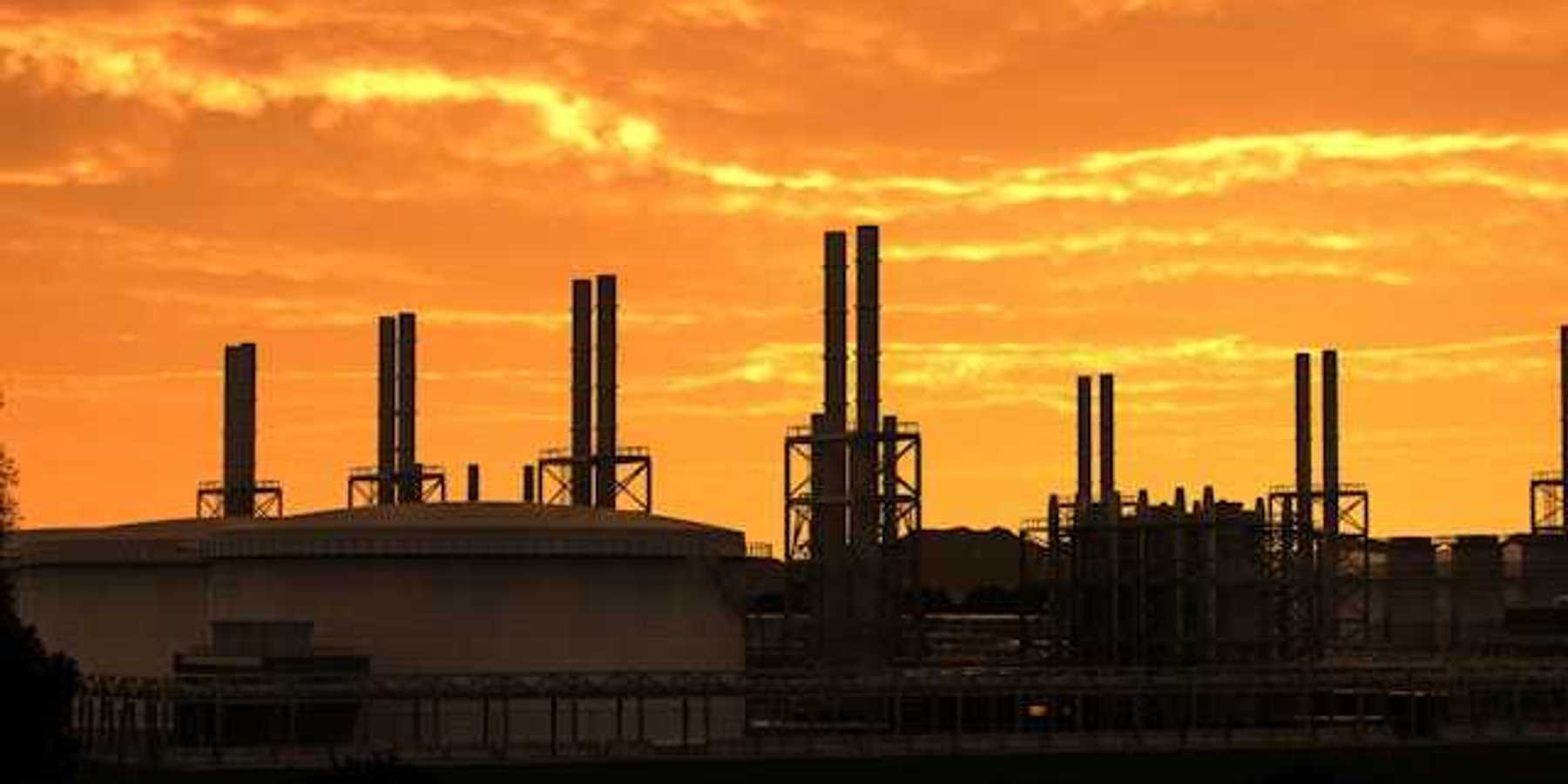Florida’s citrus industry suffers 90% production decline as it struggles against disease, hurricanes, and development
Florida’s citrus growers face mounting challenges as citrus greening disease, extreme weather, and rapid urban development threaten the state’s once-thriving orange industry.
Mike Schneider reports for The Associated Press.
In short:
- Florida’s citrus production has declined 90% over two decades due to citrus greening disease, hurricanes, and freezes, allowing California to surpass the state in citrus output.
- The real estate boom is accelerating grove losses, with many growers selling land for millions as Florida’s population surges past 23 million.
- Scientists are working on a genetically modified orange tree that kills the insects responsible for citrus greening, but widespread planting is still years away.
Key quote:
“Losing the citrus industry is not an option. This industry is ... so ingrained in Florida. Citrus is synonymous with Florida.”
— Matt Joyner, CEO of Florida Citrus Mutual
Why this matters:
Florida’s citrus industry has long been an economic and cultural staple, supporting thousands of jobs and contributing billions to the state’s economy. The decline in orange production threatens not just growers but juice processors, packers, and businesses reliant on citrus-based products. Meanwhile, citrus greening remains an unsolved crisis, devastating groves with no reliable cure. As housing developments replace farmland, the industry faces a fight for survival.
Related EHN coverage: Analysis: Pessimism on the food front













